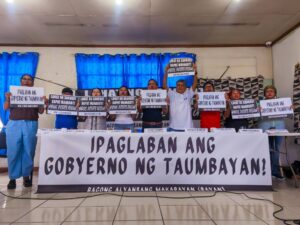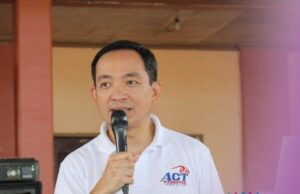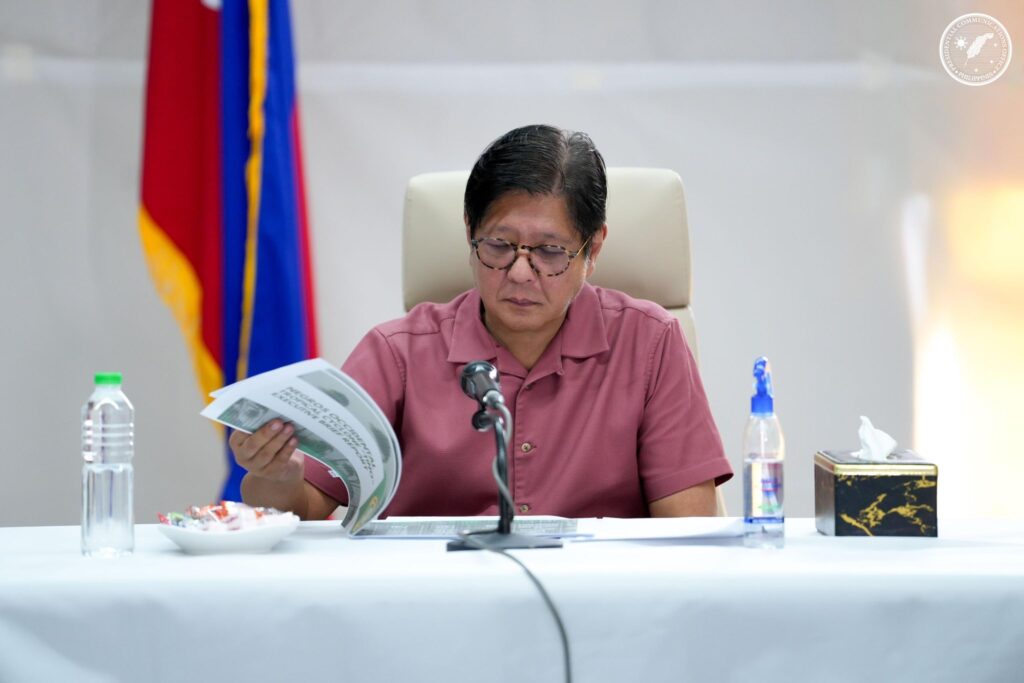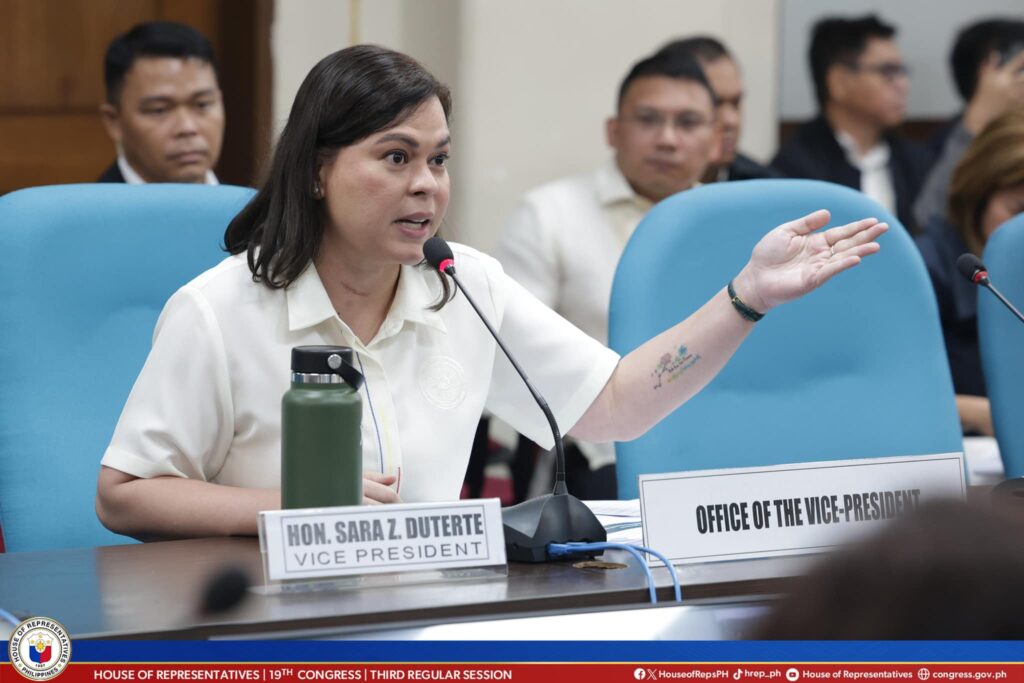📷: Altermidya
The National Union of Peoples Lawyers (NUPL) on Tuesday rebuffed claims by Interior Secretary Jonvic Remulla that public calls for President Ferdinand “Bongbong” Marcos Jr.’s resignation amount to sedition, stressing that such expressions are constitutionally protected acts of political dissent.
“Contrary to Secretary Jonvic Remulla’s claim, a public call for the resignation of President Marcos Jr., especially in the face of unresolved allegations of large-scale corruption, is not sedition. It is a constitutionally protected act of political expression,” the group said in a statement titled “Do Not Mistake Criticism for Crime”.
NUPL underscored that the Constitution guarantees citizens the right to criticize government and to assemble peacefully to seek redress.
Citing jurisprudence, the group noted that the Supreme Court has consistently upheld freedom of expression as fundamental to democratic life.
In Reyes v. Bagatsing (1983), the Court affirmed that these freedoms sustain every other right, while in Primicias v. Fugoso (1948), it ruled that fear of disruption is never enough to justify suppressing public speech.
“There is no such danger here,” NUPL said, referring to public demands for Marcos Jr.’s resignation amid allegations of anomalous infrastructure projects. “These calls reflect a public that refuses to accept silence as complicity.”
The lawyers’ group warned that Remulla’s remarks, delivered from a Cabinet post, signal an intent to chill dissent rather than address corruption allegations.
It pointed to the selective prosecution of protesters arrested during the September 21 “Baha sa Luneta” mobilization, contrasted with the absence of charges against officials accused of misusing public funds, as evidence of a double standard.
NUPL also cautioned that recent pronouncements from the Department of the Interior and Local Government foreshadow more aggressive attempts to restrict public assembly ahead of the “Baha sa Luneta 2.0” protest scheduled for November 30. Thousands are expected to join the mobilization to press for accountability.
“The Filipino people have confronted authoritarian power before, most decisively in 1986 when they removed a dictator who believed himself invulnerable,” the group said. “They know too well the dangers of unchecked authority and the steep cost of silence.”
NUPL concluded that history shows the public will continue to assert its rights despite intimidation. “They defend their freedoms not for spectacle or disorder but out of an unyielding understanding that no democratic institution can endure without them,” the group said. (RRN)




